Grade 316L is the standard molybdenum-bearing grade, second in importance to 316L amongst the austenitic stainless steels. The molybdenum gives 316L better overall corrosion resistant properties than Grade 316L, particularly higher resistance to pitting and crevice corrosion in chloride environments. It has excellent forming and welding characteristics. It is readily brake or roll formed into a variety of parts for applications in the industrial, architectural, and transportation fields. Grade 316L also has outstanding welding characteristics. Post-weld annealing is not required when welding thin sections. The austenitic structure also gives these grades excellent toughness, even down to cryogenic temperatures.
AISI 316L Chemical Composition |
| Carbon |
Manganese |
Silicon |
Phosphorous |
Sulphur |
Chromium |
Molybdenum |
Nickel |
Nitrogen |
| 0.03 |
2.0 |
0.75 |
0.045 |
0.03 |
16.0-18.0 |
2.00-3.00 |
10.0-14.0 |
0.10 |
AISI 316L Mechanical Properties |
| Tensile Strength |
Yield Strength |
Elongation at break |
Hardness, Brinell |
| 485 MPa |
170 MPa |
40% |
217 |
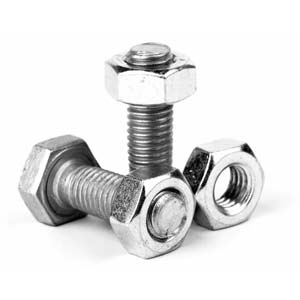
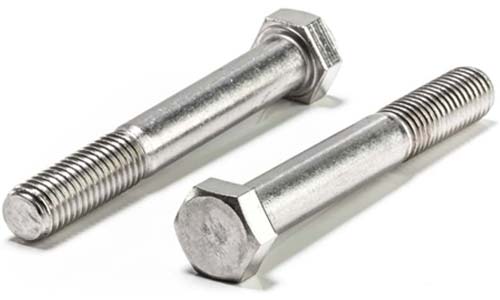 Bolts
Bolts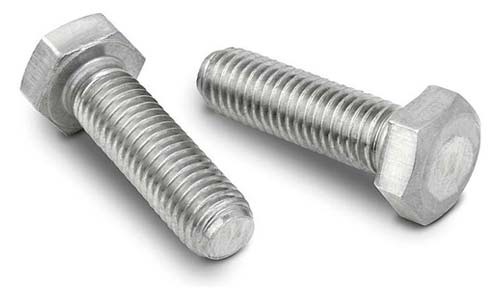 Screws
Screws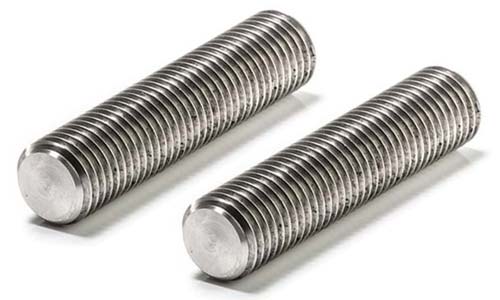 Stud Bolts
Stud Bolts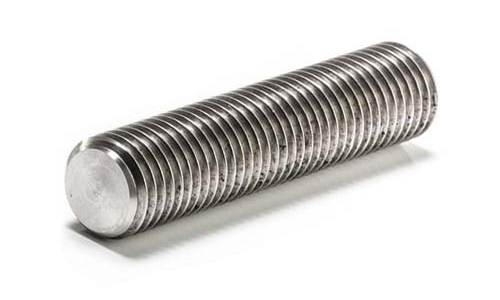 Threaded Rods
Threaded Rods Nuts
Nuts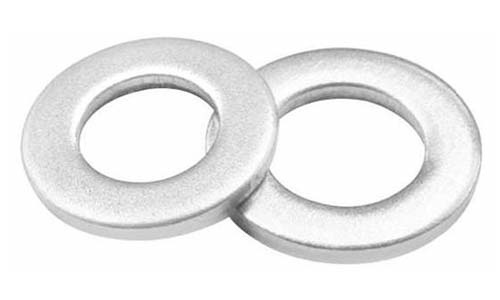 Washers
Washers Springs
Springs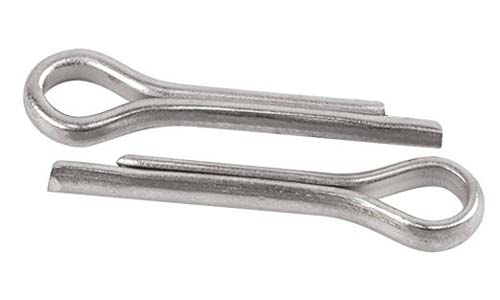 Pins
Pins Accessories
Accessories Components
Components